Food represents one of the most exciting aspects of travel — the chance to taste authentic flavors, discover new ingredients, and experience cultures through their culinary traditions. Unfortunately, many travelers make preventable mistakes that transform these potential food adventures into expensive disappointments, missed opportunities, and sometimes even health disasters that can derail entire vacations.
Here is a list of 18 travel food mistakes that consistently ruin vacations for even the most well-intentioned travelers.
Eating Only in Tourist Districts

Sticking to restaurants within walking distance of major attractions guarantees overpriced, mediocre food that’s designed for tourists rather than showcasing authentic local cuisine. These establishments charge premium prices while serving watered-down versions of traditional dishes that bear little resemblance to what locals eat.
The best food in any city is almost always found in residential neighborhoods where restaurants depend on repeat customers rather than one-time tourist visits.
Not Researching Local Specialties
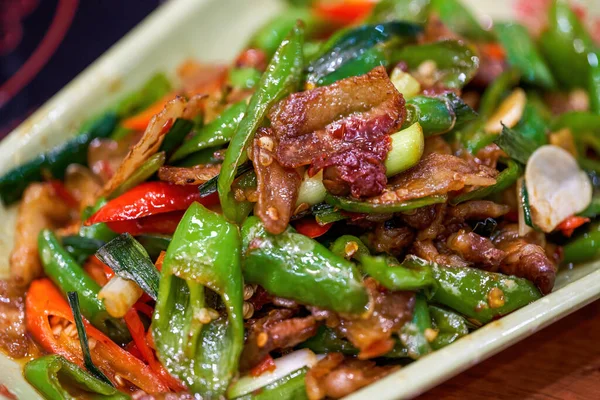
Arriving in a destination without knowing what foods the region is famous for means missing out on dishes that define the local culture and represent centuries of culinary tradition. You might spend your entire trip eating generic international food while completely overlooking incredible local specialties that you could only experience in that specific place.
A little advance research helps you prioritize must-try dishes and avoid leaving with regrets about missed culinary opportunities.
Like Travel Pug’s content? Follow us on MSN.
Being Afraid of Street Food
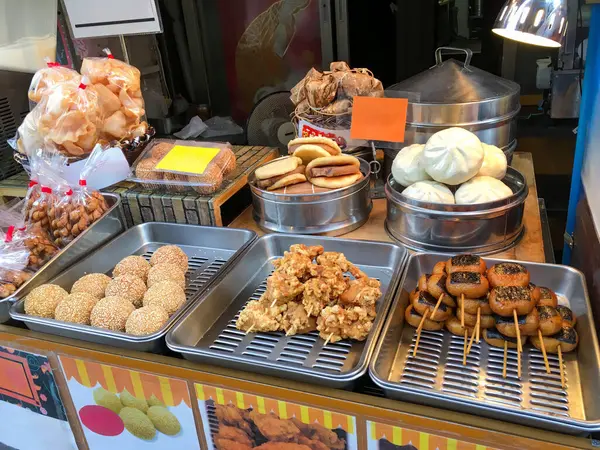
Avoiding street food eliminates some of the most authentic and affordable dining experiences available in many countries, often based on unfounded fears rather than actual safety concerns. Street vendors in most destinations serve fresher food than many restaurants because of their high turnover, and they’re usually your best bet for experiencing how locals eat.
The key is to choose busy stalls with high customer turnover, rather than avoiding street food altogether.
Only Eating Familiar Foods
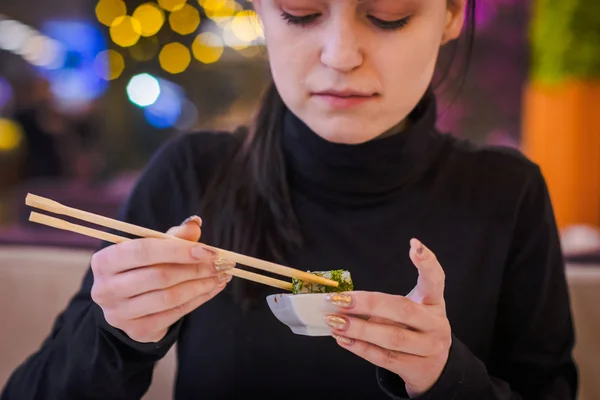
Seeking out McDonald’s, Pizza Hut, and other familiar chains while traveling abroad wastes precious opportunities to expand your palate and experience new flavors. These restaurants serve identical food worldwide, so eating at them while traveling is essentially paying international prices for the same meals you can get at home.
Breaking out of your comfort zone food-wise is often how travelers discover their new favorite dishes and gain a deeper appreciation for different cultures.
Not Learning Basic Food Vocabulary

Failing to learn essential food-related phrases in the local language creates unnecessary barriers to ordering what you want and can lead to dietary disasters for people with allergies or restrictions. Simple words like ‘chicken,’ ‘vegetarian,’ ‘spicy,’ and ‘no dairy’ can make the difference between a great meal and a terrible experience.
Most locals appreciate when visitors make an effort to communicate in their language, often leading to better service and recommendations.
Like Travel Pug’s content? Follow us on MSN.
Ignoring Food Safety in High-Risk Areas

Completely disregarding food safety guidelines in developing countries can result in illness that ruins days or weeks of vacation time, while being overly paranoid can cause you to miss amazing food experiences. The trick is understanding basic food safety principles like eating at busy places with high turnover, avoiding raw vegetables in areas with questionable water quality, and choosing hot, freshly cooked foods over items that have been sitting around.
Smart travelers find the balance between caution and culinary adventure.
Not Making Reservations at Must-Visit Restaurants
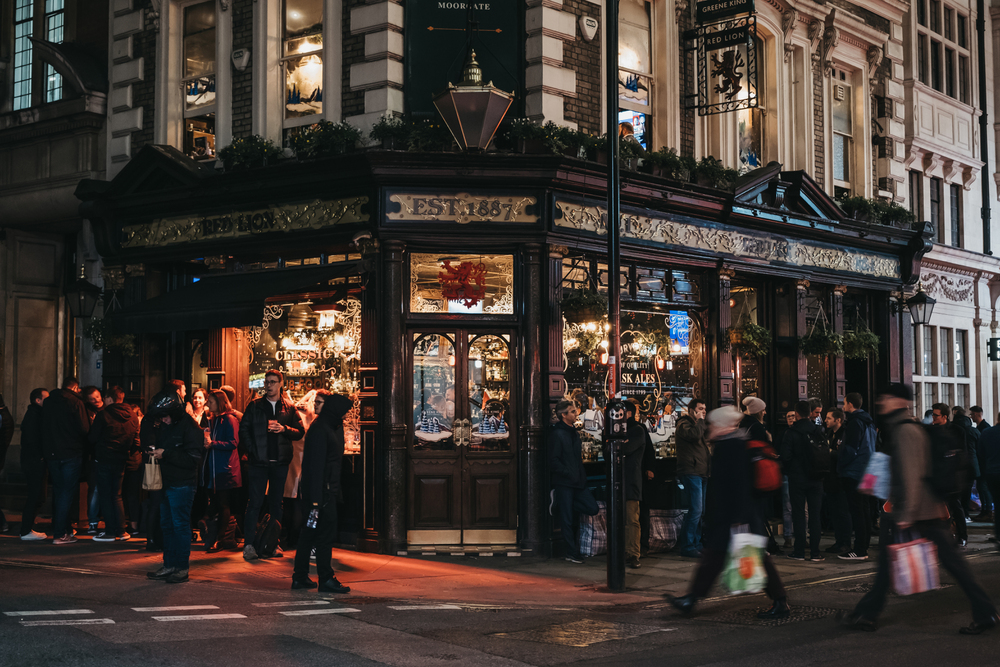
Assuming you can just walk into renowned restaurants without reservations often results in disappointment and wasted time, especially in cities where top establishments book weeks or months in advance. Popular restaurants in food destinations like Tokyo, Paris, or Copenhagen often require planning that many travelers don’t consider until they’re already on location.
Missing out on exceptional dining experiences because of poor planning can become one of your biggest travel regrets.
Eating All Meals at Your Hotel

Hotel restaurants typically serve generic international food at inflated prices while offering none of the cultural immersion that makes travel dining special. Even luxury hotels often prioritize consistency over authenticity, serving safe, bland food that appeals to international business travelers rather than showcasing local culinary traditions.
Venture outside your hotel for at least two meals per day to experience what the destination has to offer.
Like Travel Pug’s content? Follow us on MSN.
Not Budgeting Appropriately for Food

Underestimating food costs in expensive destinations can force you into cheap, unsatisfying meals that don’t represent the local cuisine, while overbudgeting in affordable countries means missing out on other experiences. Research typical meal costs before traveling so you can allocate your budget appropriately and avoid unpleasant surprises that limit your dining options.
Food should be a priority expense in destinations known for their cuisine, but you don’t need to spend a fortune in places where excellent meals cost very little.
Following Outdated Guidebook Recommendations

Relying on restaurant suggestions from guidebooks that are several years old often leads to disappointment, as restaurants change ownership, quality, and even close entirely with surprising frequency. The dining scene in most cities evolves rapidly, and what was considered the best restaurant five years ago might now be a tourist trap trading on past reputation.
Current online reviews and local recommendations offer more reliable guidance than outdated print sources.
Not Asking Locals for Recommendations

Missing the opportunity to get insider knowledge from locals means relying on tourist-focused resources that rarely point you toward the hidden gems that make travel dining memorable. Hotel staff, taxi drivers, and people you meet casually often know fantastic neighborhood spots that never appear in guidebooks or travel websites.
The best meals of your trip often come from following recommendations from people who live in the place you’re visiting.
Like Travel Pug’s content? Follow us on MSN.
Being Inflexible with Dietary Restrictions

Refusing to adapt your dietary preferences to local ingredients and cooking styles can severely limit your dining options and cause you to miss signature dishes that define regional cuisine. While severe allergies and medical conditions require strict adherence, many dietary preferences can be temporarily relaxed to experience foods you’ll never encounter at home.
Vegetarians visiting Argentina might consider trying the world-famous beef, while pescatarians in landlocked regions might explore local meat specialties.
Skipping Local Breakfast Traditions

Eating the same boring hotel breakfast every morning wastes opportunities to experience how different cultures start their day and often represents some of the most distinctive and affordable local food experiences. Breakfast dishes are often deeply rooted in local traditions and ingredients, offering insights into regional food culture that you won’t get from dinner menus designed for tourists.
From dim sum in Hong Kong to churros in Madrid, breakfast specialties are often more authentic and interesting than evening tourist fare.
Overpacking Snacks from Home

Bringing excessive amounts of familiar snacks takes up valuable luggage space and creates a safety net that prevents you from trying local alternatives and street snacks. While having some emergency snacks makes sense for long travel days, packing enough food for your entire trip suggests a lack of confidence in local cuisine, which can become self-fulfilling.
Local snacks and treats are often highlights of travel experiences and make great souvenirs that you’ll consume.
Like Travel Pug’s content? Follow us on MSN.
Not Considering Local Meal Timing

Ignoring local dining schedules can result in showing up to restaurants when they’re closed or eating alone while missing the social atmosphere that makes dining experiences memorable. Many European countries eat dinner much later than Americans expect, while some Asian countries have precise lunch timing that affects food availability.
Understanding when locals eat helps you plan your days better and ensures you’re experiencing restaurants when they’re at their best.
Falling for Tourist Menu Tricks

Getting lured by English menus, pictures of food, and tourist-friendly presentations often indicates restaurants that cater to visitors rather than serving authentic local cuisine. The best restaurants in many countries don’t bother translating their menus or making their food Instagram-ready because they’re focused on serving locals who already know what they want.
Restaurants with laminated picture menus outside are almost always tourist traps that prioritize convenience over culinary quality.
Not Understanding Tipping Customs

Misunderstanding local tipping practices can result in either overpaying significantly or accidentally insulting service staff, both of which can negatively impact your dining experiences. Some countries include service charges automatically, others consider tips insulting, and many have specific percentages that differ from American customs.
Researching tipping etiquette prevents awkward situations and ensures you’re showing appropriate respect for local customs and service staff.
Like Travel Pug’s content? Follow us on MSN.
Missing Regional Specialties
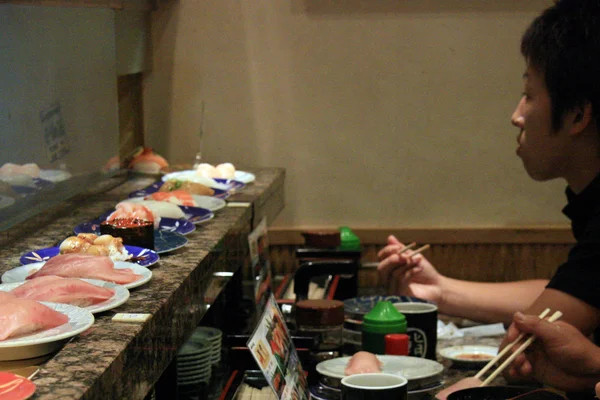
Focusing only on nationally famous dishes while ignoring regional specialties means missing foods that are often more interesting and authentic than the tourist-friendly versions of national cuisine. Every region within a country typically has unique dishes, preparation methods, and ingredients that reflect local history and agriculture in ways that national dishes often don’t.
The best Italian food in Sicily is completely different from the best Italian food in Milan, and travelers who don’t research regional differences miss incredible diversity.
When Food Fears Override Food Adventures
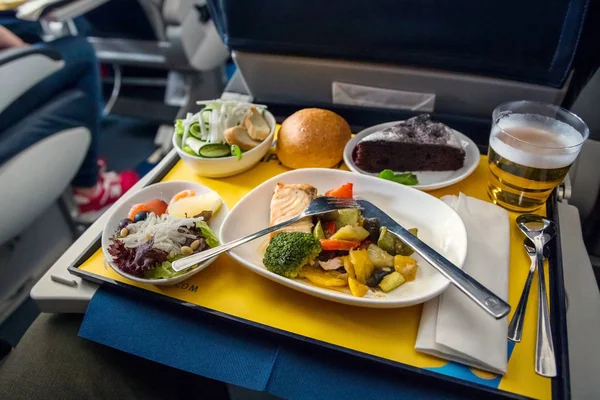
These mistakes share a common thread of letting anxiety, convenience, and familiar comfort override the incredible opportunities that food provides for cultural connection and personal growth during travel. The travelers who have the best food experiences are usually those who approach eating abroad with curiosity rather than caution, preparation rather than panic, and flexibility rather than rigid expectations about how meals should work.
Food mistakes often stem from treating dining as a necessity to endure rather than an adventure to embrace, causing travelers to miss some of the most memorable and meaningful aspects of exploring new places. The most successful food travelers learn to balance reasonable precautions with adventurous spirits, understanding that the occasional disappointing meal is a small price to pay for the incredible culinary discoveries that make travel truly transformative.
More from Travel Pug

- 20 Best Beach Towns in the Carolinas
- 13 Destinations Where Tourists Regularly Regret Their Trip
- 20 Things You Actually Get in First Class
- 20 Small Airports With Aviation Museums
- 20 Places in the U.S. That Are Perfect for a Reset Trip
Like Travel Pug’s content? Follow us on MSN.
